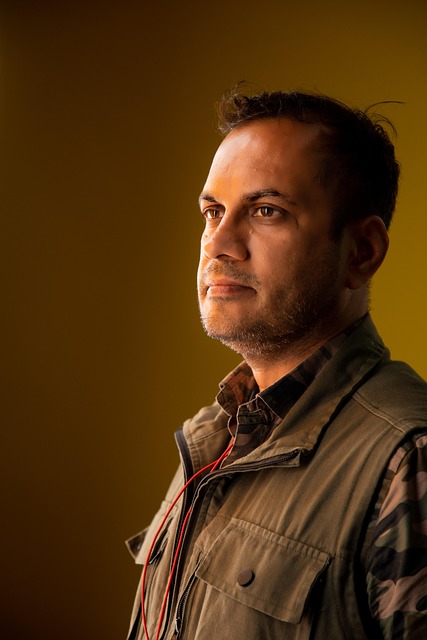Cultural End-of-Life Care
Allied health professionals are confronted with different death and dying practices. An effective allied health professional recognizes the importance of understanding different cultural practices, and learns how to evaluate the death, dying, and spiritual beliefs and practices across the cultures.
Check out our Essay writing services
Cultural End-of-Life Care
Read the two specified case histories and choose one for this assignment.
Chapter 4, “Stories of Abby: An Ojibwa Journey” and Chapter 14, “Stories of Shanti: Culture and Karma,” by Gelfland, Raspa, and Sherylyn, from End-of-Life Stories: Crossing Disciplinary Boundaries (2005), from the GCU Library.
Identify your role as a health care professional in supporting Abby’s or Shanti’s dying rituals, and in creating strategies for displaying respect while still providing quality care. Identify communication strategies necessary in caring for your select person. Integrate your strategies as you develop a care plan describing how you would approach the situation and care for the patient. Review the “Care Plan” template prior to beginning.
Include the following in your care plan:
- Communication: family and patient
- Treatment options that align with the specific culture
- Education: family and patient
- Family roles in the process
- Spiritual beliefs
- Barriers
- Cultural responses
- Any additional components that you feel would need to be addressed (from your perspective as a health care professional)
Supporting Cultural Dying Practices
As an allied health professional caring for Abby, respecting Ojibwa death and dying rituals is essential. My role includes honoring spiritual beliefs while ensuring quality care. Communication with Abby and her family must be clear, respectful, and culturally sensitive. I would use active listening and open-ended questions to understand their needs and expectations. Treatment options should align with Ojibwa traditions, such as allowing traditional ceremonies or herbal remedies, alongside medical care. Family education is vital to explain care processes while respecting their cultural values. The family often holds significant roles in Ojibwa death rituals, so involving them in decisions is crucial. I would also address potential barriers, such as language differences or mistrust of healthcare systems, by involving cultural liaisons or interpreters………………..
Developing a Culturally Sensitive Care Plan
My care plan would include clear communication strategies, emphasizing respect and collaboration with Abby’s family. Treatment options would integrate medical interventions with traditional practices whenever possible. Education would be provided to both patient and family about the health condition and care choices, delivered in culturally appropriate ways. Recognizing spiritual beliefs about life, death, and the afterlife would shape care goals. Potential barriers,






